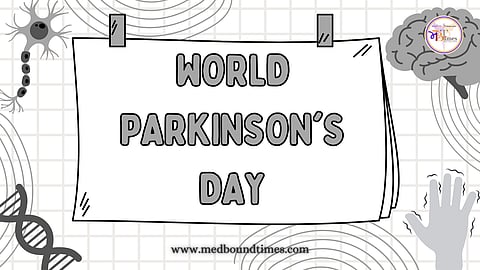Parkinson's Disease is a progressive movement disorder of the nervous system. It causes nerve cells (neurons) in parts of the brain to weaken, become damaged, and die, leading to symptoms that include problems with movement, tremor, stiffness, and impaired balance. As symptoms progress, people with Parkinson’s disease (PD) may have difficulty walking, talking, or completing other simple tasks.
Parkinson's disease impacts over 10 million people globally, including an estimated one million in India.
James Parkinson’s An Essay on the Shaking Palsy, published in 1817, was the first to recognize Parkinson’s as a medical condition. His birthday, April 11th, is now commemorated as World Parkinson’s Day each year.
As awareness grows around the complexity of Parkinson’s disease, it becomes increasingly important to understand its wide-ranging effects—not just on movement but on overall quality of life. Experts across the country emphasize the need for early diagnosis, tailored treatment plans, and a compassionate, multidisciplinary approach.
MedBound Times connected with various leading neurologists and here's what they have to say about managing this challenging condition:


